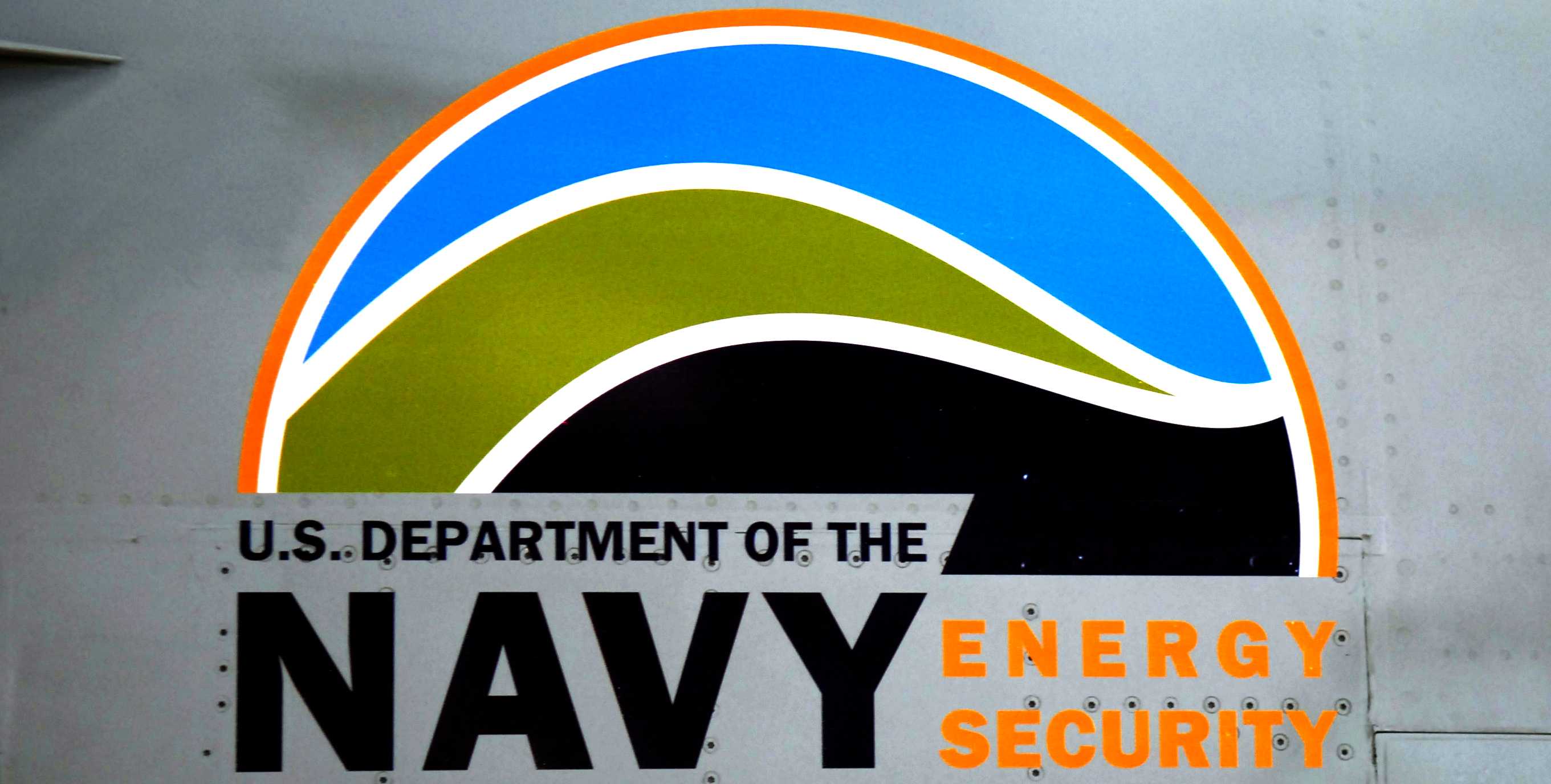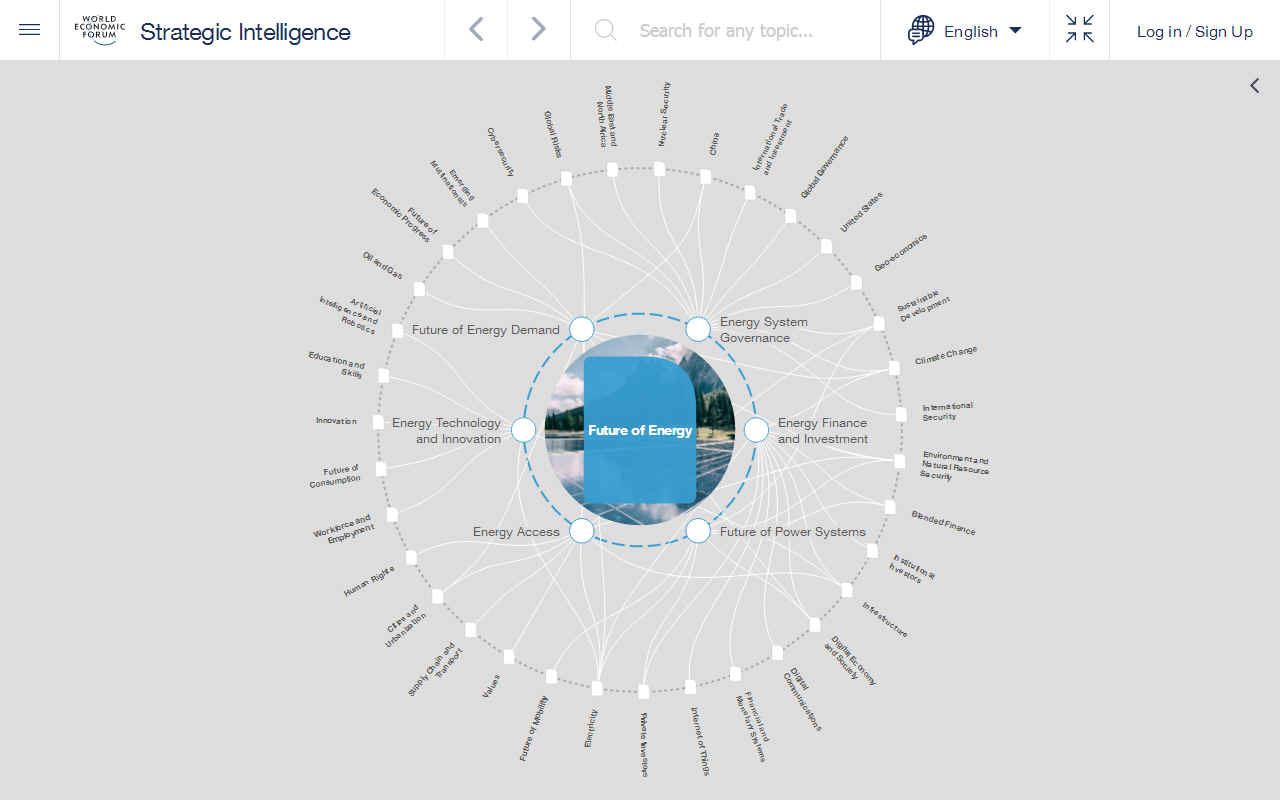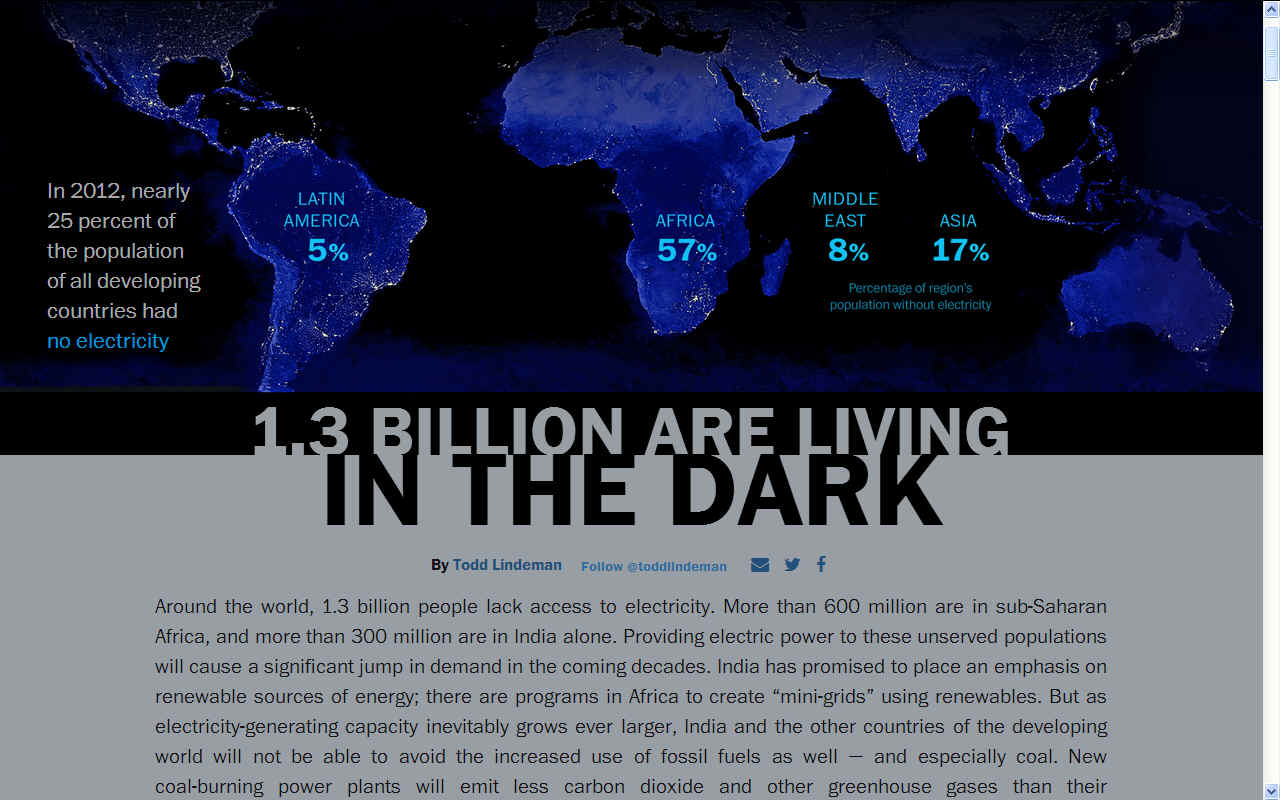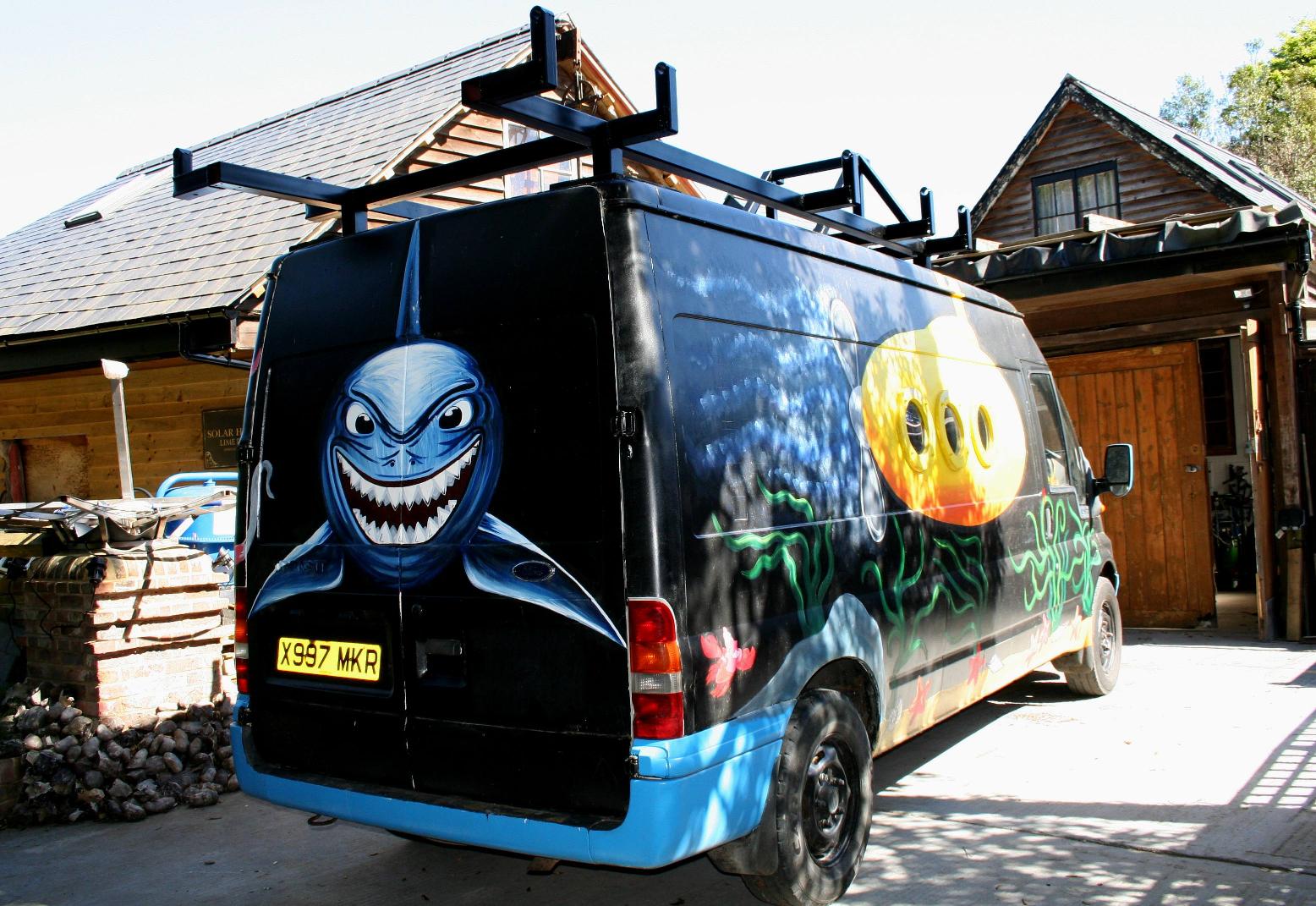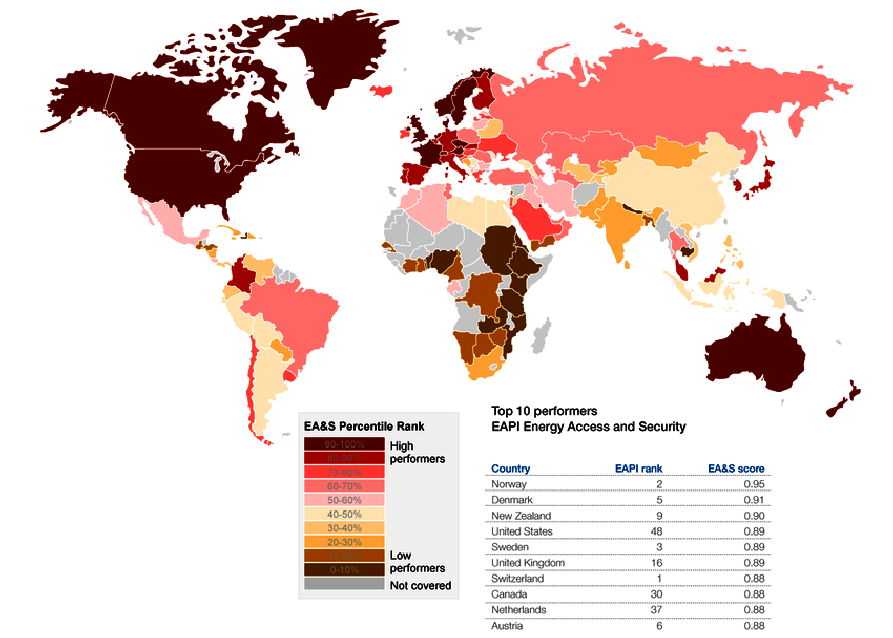|
ENERGY SECURITY
Please use our A-Z INDEX to navigate this site where page links may lead to other sites
|
|
POWER - Although some countries act as though there is no energy crisis, in fact they have departments for such matters, that are there to advise for how much longer they can abuse their positions in world politics, to take advantage of other countries and keep on killing species and warming the planet - before their positions as kleptocrats are compromised.
Energy is needed to keep our nations functioning. Humans need energy to survive in the form of food. Farmers need energy to grow food and fishermen need energy to catch fish.
Our homes use energy. Our cars use energy. Our factories gobble energy. Aircraft and ships use energy by the bucket load to deliver cargoes. And finally, we need energy to defend ourselves and know what is going on around us, and that includes looking out to the stars.
If we cannot secure enough energy to operate our countries that causes problems for governments, who start looking to other countries for energy. Sometimes illegally, as per the invasion of Iraq. Wars can start when things get tight.
Energy insecurity leads to political instability and vulnerability, a classic example of which is during the Second World War when petroleum was used to run aircraft, armoured vehicles and move troops. Fuel dumps were prime targets to halt the enemy ambitions. Without the fuel they could not fight.
A fear of not having enough energy is therefore, a security issue. You may have witnessed panic buying when petrol is rationed during any war involving an oil producing nations. Civilians queue for hours for petrol and food when there is a threat of fuel shortages. Any country would grind to a halt without energy for living.
That is nothing compared to the panic in government offices that start planning scenarios for invading (stealing resources) from other countries they think they can pick on and get away with it. It is as simple as that.
AFRICA & INDIA - In 2015 a world report concluded that 1.3 billion people were living in the dark. Rather than looking at this as a problem, we might take the alternative view that this is an opportunity to build a sustainable off-grid supply network using only renewables - so ensuring that what might be perceived as more strain in terms of climate change, might be prevented. We might achieve this with mobile units to begin with, until the affected regions have time to build permanent networks with installed wind and solar energy generators.
You might argue that they are the lucky ones. If they do not get on the development merry-go-round, they have nothing to lose. Once you join the rat-race it is hard to go back to less energy intensive living. There is an argument for not forcing change on tribes who are perfectly happy as they are.
Energy plays an vital role in the national security of any given country as a fuel to power the economic engine.
Since the Ukraine crisis, efforts have been made to diversify energy suppliers. The Baltic state of Lithuania, for example, completed a Liquefied Natural Gas (LNG) terminal in 2014, allowing it to break the monopoly enjoyed by Russian gas and instead import gas from Norway (and, eventually, from the USA).
The
European Union imports over half (53%) of all the energy it consumes. This heavy dependency on energy imports can have geopolitical ramifications, as Russian threats to “turn off the gas” during the height of the Ukraine crisis made crystal clear. Achieving energy security is therefore an important goal for many
EU Member States.
Since the late 1990s oil price increased from around $10 per barrel to over $140 by mid-2008, then declined back to the low $30s in late 2008, only to rise and stabilize near $100 through mid-2014. Since then, the price has more than halved. That’s because on the demand front, developing Asia has slowed and the economies of Europe remain weak. On the supply side, US production remains fairly resilient (to date) and OPEC strives for market share. These manifestations of demand and supply have led to a large global inventory overhang. Not since the 1970s and 1980s have oil markets experienced such tumult.
MOBILE SOLAR & WIND POWER - Ideal for villages in Sub-Saharan Africa where electricity is scarce, and tsunami devastated regions in Asia for emergency supplies, units like this can provide stand-by electricity or instant power where none exists at the moment. This is another solution to potential world challenges from the Cleaner Ocean Foundation and Climate Change Trust. The vehicle shown is part of an experiment in connection with river and ocean cleaning vehicles on water.
THE LONG & SHORT OF IT
In the short term we are reliant on fossil fuels to take us into an age of long term energy security. We can thank energy supply companies for that, for making fuel affordable until such time as they switch to cleaner renewable energy.
That switch may have to be sooner than any politician thought previously. Fuel poverty might one day be a thing of the past because of renewable energy. This is a United Nations sustainability goal SDG 7.
LINKS & REFERENCE
http://www.
Please use our A-Z INDEX to navigate this site
|
|
|
This website is provided on a free basis as a public information service. copyright © Climate Change Trust 2019. Solar Studios, BN271RF, United Kingdom.
|
